International Day of Women and Girls in Science 2020 - Dr Georgina Cole, Dr Stephanie Mota and Donna Brown
13/02/2020 in Conservation
A 2019 survey showed that for the first time ever, there are more than one million women working in core STEM (science, technology, engineering and mathematics) roles across the UK, sectors that have historically been male dominated.
The scientific community is leading that charge, with nearly 46% of the workforce consisting of women. This is a significantly higher proportion than that of the other STEM industries. To celebrate International Day of Women and Girls in Science 2020, we conducted interviews with four key female conservation partnerships working with and within RZSS and asked them to discuss their perspectives and opinions on their experience in the industry.
So far we've shared interviews with Dr Helen Taylor and Gill Dowse and Dr Helen Senn and Regine Weckauf. We'll continue to share the others throughout the week (1, 2, 3, 4).
Dr Georgina Cole, Dr Stephanie Mota and Donna Brown
Veterinary surgeons Georgina and Stephanie, and head veterinary nurse Donna, are key members of the RZSS vet team. As well as looking after the animals at Edinburgh Zoo and the Highland Wildlife Park they have worked with several of the international in-situ projects that RZSS supports.
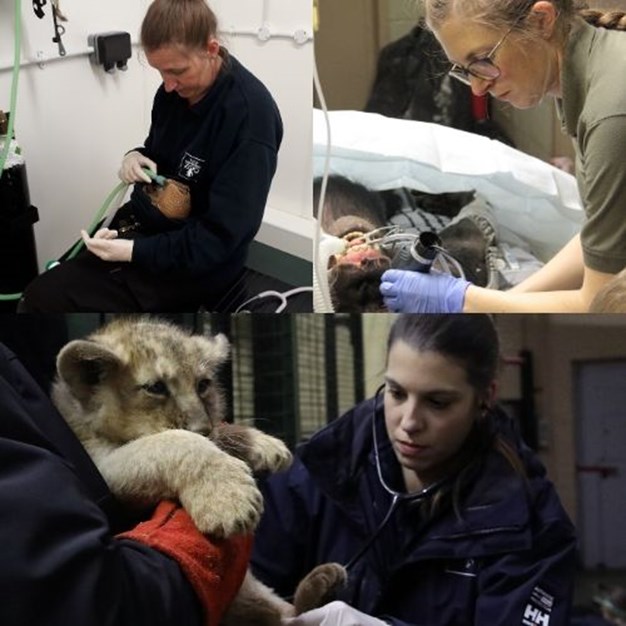
Q) What are your views on how opportunities for women in science have changed?
GC - Opportunities for women in conservation in the UK are good, however managing family life and ensuring career progression remains a challenge for women in all fields, globally.
Q) Do you have one piece of advice that you wish someone had given you when you were starting out?
DB - The major thing I wish someone had told me was that there’s not always a simple answer. The more we look at situations/ cases/ patients and look for answers, the more questions often arise. The day you think you have all the answers someone else will come along with a new question.
Q) How important is collaboration and open-mindedness in your role?
SM - They are key to our role in wildlife conservation! On both an individual and even broader scale; when countries work together it can result in more effective conservation strategies. When done well we can direct conservation to biodiversity hotspots and preserve ecosystems, species, and common natural resources on a worldwide scale. Endangered species, threatened ecosystems, and invasive species are frequently spread over large areas, crossing multiple borders. Conservation partnerships regularly involve several stakeholders, often with different cultural backgrounds, so an open mind is essential for efficient communication.
If you can dream it, you can do it! Dr Eugenie Clark, often referred to as ‘the shark lady’, was a fearless advocate for the marine environment and its inhabitants. She spoke about her experience as a woman in a male-dominated research field, saying, "As a child, William Beebe (a famous American biologist and explorer) was my hero...I told my family, I said, 'I'd like to be like [him],' and they said, 'Well, maybe you can take up typing and get to be the secretary of William Beebe or somebody like him."
William Beebe built the bathysphere, a submarine type vessel that could be attached to a boat and enabled underwater observation. What started as a young girls’ dream ended up being the making of Clark’s career and by the time of her death in 2015 she had completed over 70 deep dives in submersibles and made unparalleled contributions to shark conservation efforts.

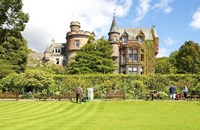

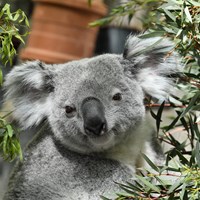
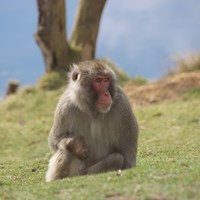
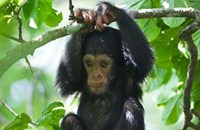
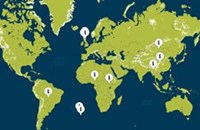
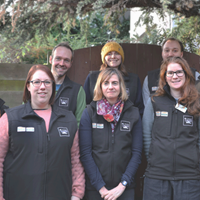
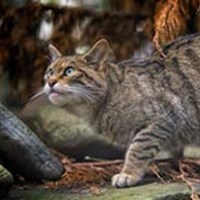
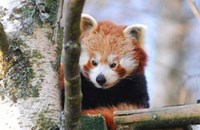
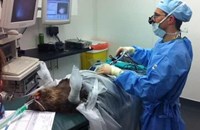

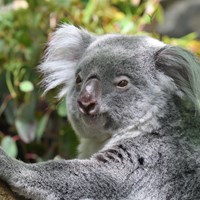
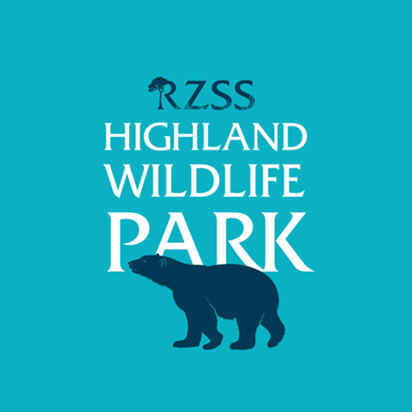
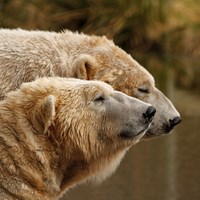
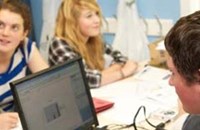
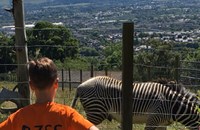
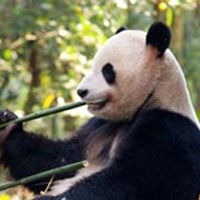
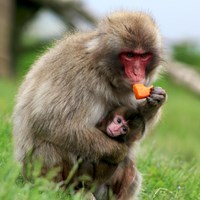
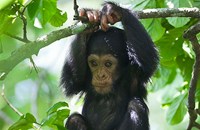
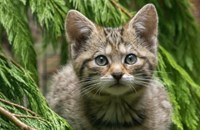
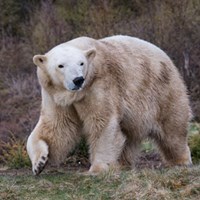
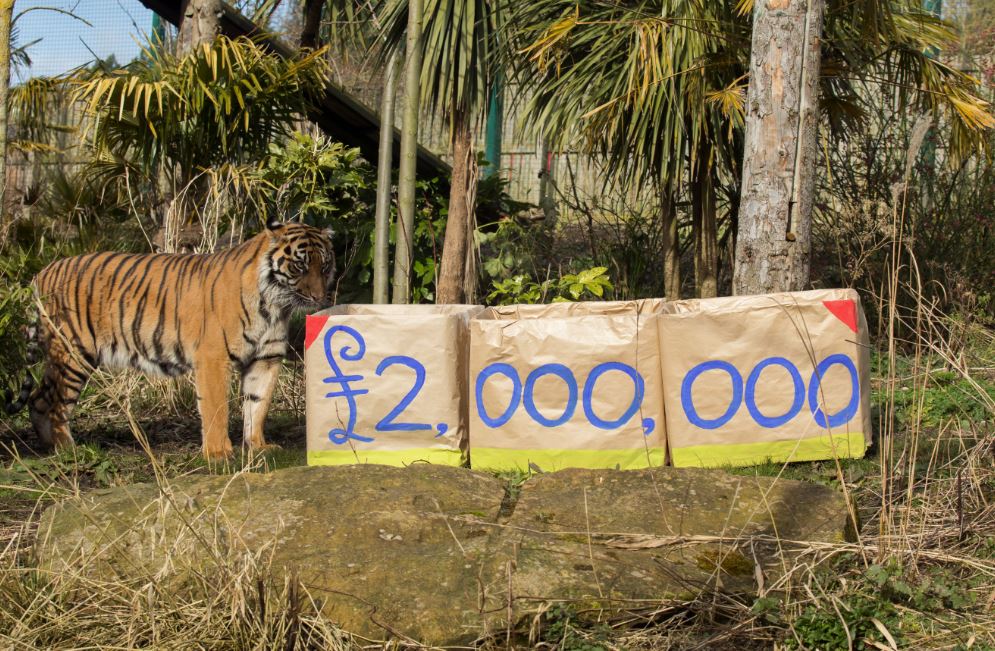

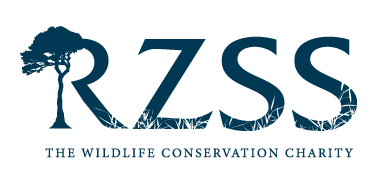
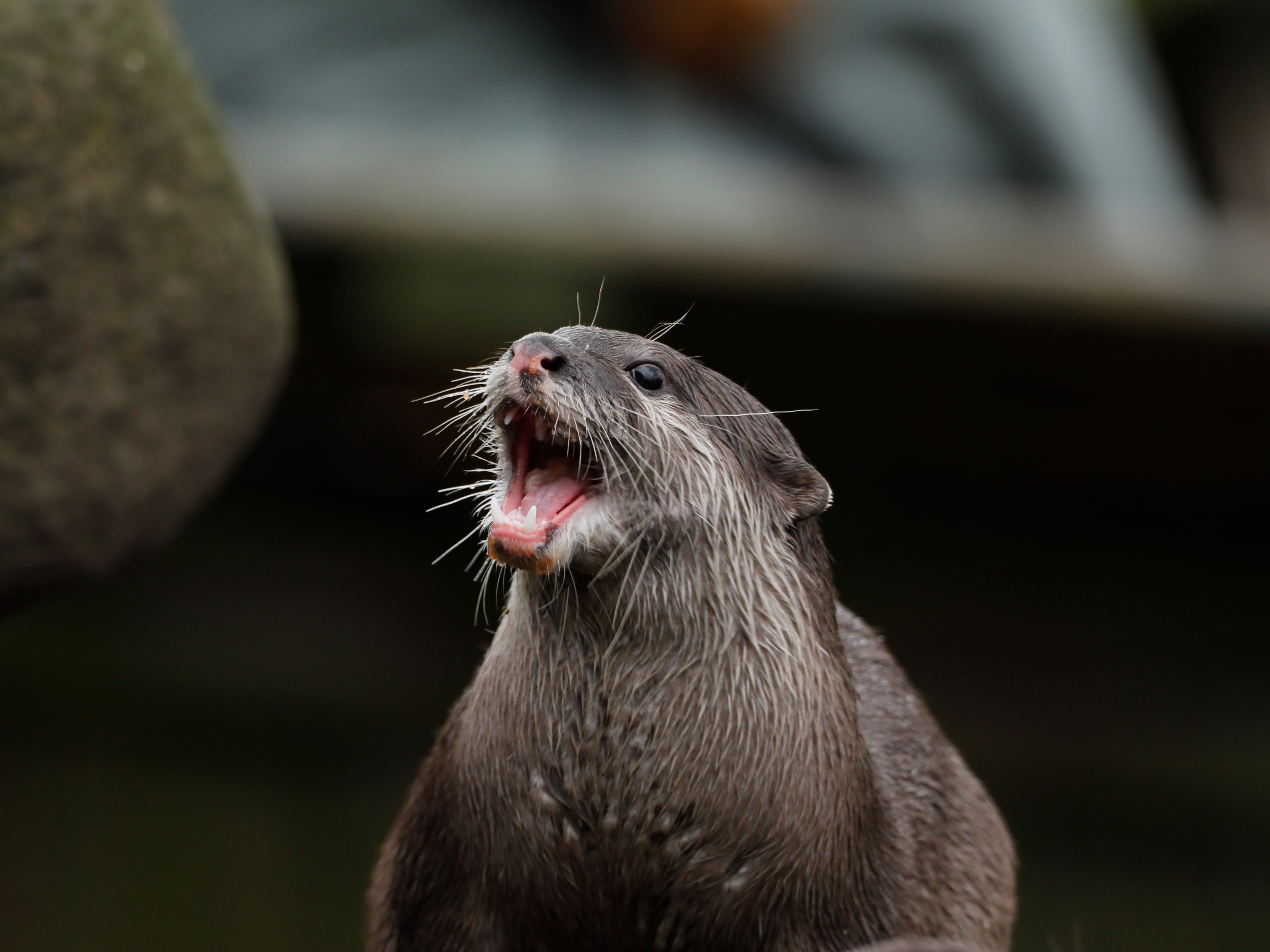
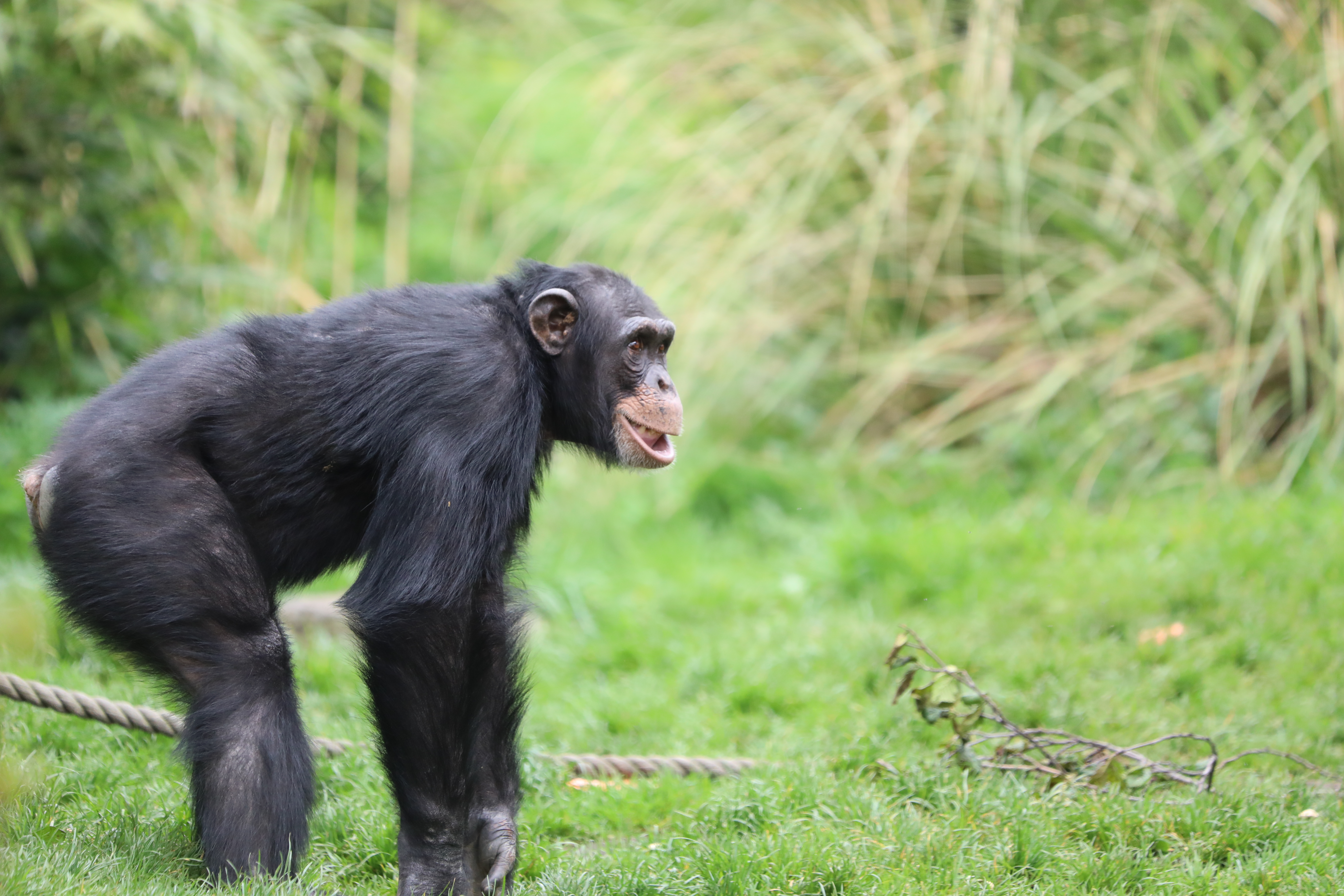
Follow EZ